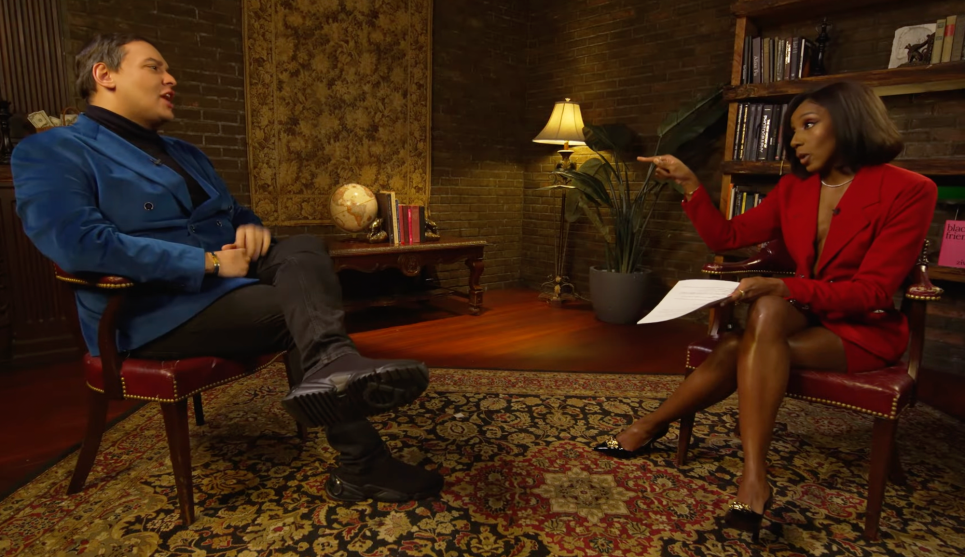
Americans are buying travelogues and guidebooks like never before, says Walter Turney, manager of the Complete Traveller Bookstore in New York—even if they’re not using them to prepare for travel. The latest in escapist literature, these books “are very much like mysteries were 15 years ago,” he says.
Turney notes that “there’s a sense of humor and irony in much of the writing today, whereas the travel writers of the past were writing from a universalist point of view.” Indeed, Tim Cahill, who documents his globe-hopping in Pass the Butterworms (Vintage, 1998), and other “adventure travel” writers have little in common with the essayists of the past. Freya Stark immersed herself in the cultures of the Middle East for years in order to create her lyrical portaits of the area, some of which can be found in Oxford University Press’ Unsuitable for Ladies: An Anthology of Women Travellers, edited by Jane Robinson. Authors like Stark had the luxury of time and distance that modern technology obliterates: “They weren’t in constant touch with their editors via satellite,” syas Turney.
Tony Stucker, editor of Trips magazine, agrees that technology has changed travel and the way we write about it. But he says the end of the Cold War is also significant: “It wasn’t that long ago that a lot of places on the map were off-limits to Americans.” Now Rough Guides and Lonely Planet have produced a whole genre especially for those roads less traveled. Lonely Planet has even begun publishing travel narratives; Sean & David’s Drive Thru America, the second in a road trip series, will be out this spring.
GOING PLACES Trips magazine: (415) 431-5133 or www.tripsmag.com; Complete Traveller: (212) 685-9007; Lonely Planet: (800) 275-8555 or www.lonelyplanet.com.













